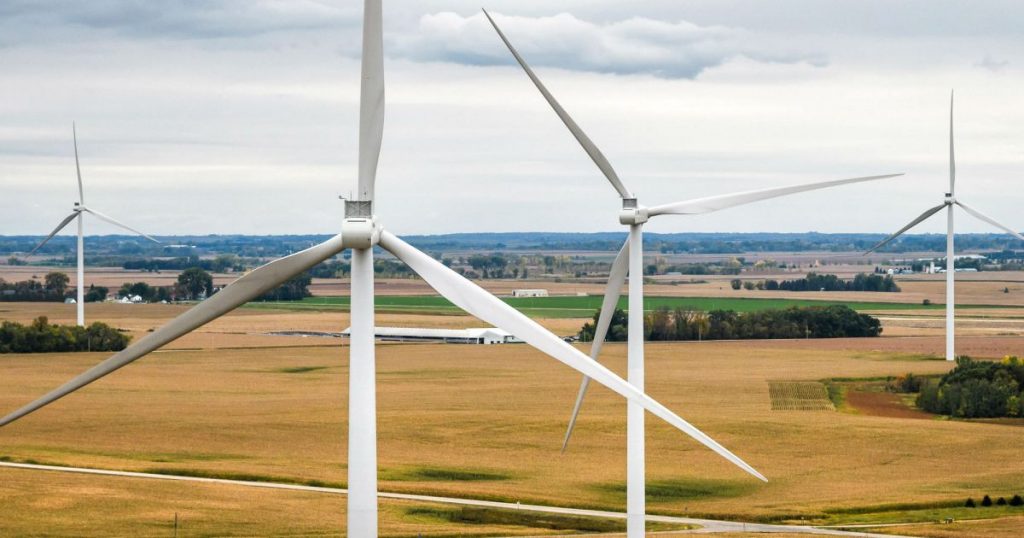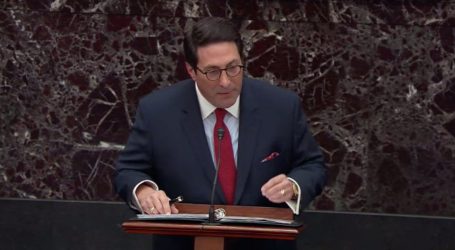The Republican Tax Plan Is an Assault on Renewable Energy
Solar energy companies don’t fare much better. The House GOP plan would also repeal the Investment Tax Credit for big solar projects that start construction after 2027. House Republicans also propose eliminating the $7,500 credit for electric vehicle purchases, which analysts say “could cripple the emerging EV market.” Along with the proposed changed to the PTC, “these changes would increase pollution and undermine America’s leadership in energy innovation,” said Michelle Robinson, director of the clean vehicles program at the Union of Concerned Scientists. “We’d squander the progress we’ve made.”
The Senate’s bill, the broad outlines of which were released on Thursday, isn’t likely to include all of these anti-clean energy measures. Three Republican members of the Senate Finance Committee—the committee that writes the tax bill—told Bloomberg this week that they oppose scaling back the wind production tax credit. “The wind energy production tax credit is already being phased out under a compromise brokered in 2015,” Republican Senator Chuck Grassley, from wind-rich Iowa, said. “It shouldn’t be re-opened.” And the electric vehicle credit reportedly is preserved in the Senate bill.
But the House’s proposed change to the wind energy tax credit doesn’t have to become law for it to negatively impact the industry. “The sad thing is, it creates uncertainty in the marketplace, just the fact that this proposal is out there,” Greg Jenner, a Stoel Rives tax attorney who works with renewable energy companies, told Greentech Media. If investors are unsure if the credit will remain robust, they may choose to invest elsewhere. This type of financial uncertainty has long plagued the wind industry, as Congress has been required to renew the credit every few years—and the debate is always contentious. Needless to say, fossil fuel companies don’t face the same uncertainty about their own generous government subsidies.
“Beyond propping up their business model, it’s the ultimate greenwashing scheme, allowing [fossil fuel companies] to portray themselves as responsible environmental stewards.”While the Senate bill may not include all of the House’s cuts to clean energy, it could expand an existing subsidy for fossil fuel companies. Morning Consult reports that Republican Senator Shelley Moore Capito of West Virginia wants to extend and expand the carbon capture tax credit, which benefits fossil fuel companies that capture their greenhouse gas emissions before they’re released into the atmosphere and store them in the ground.
This politics of this proposal are complicated. The credit incentivizes fossil fuel companies to reduce their carbon emissions, helping in the fight against climate change. It is supported by some of the Senate’s most vocal climate champions—Rhode Island’s Sheldon Whitehouse and Hawaii’s Brian Schatz, both Democrats—as well as some large environmental groups such as the Natural Resources Defense Council and the Clean Air Task Force.




